.jpg)
The role of keywords in catching the attention of Recruiters and hiring managers
As the job market becomes increasingly competitive, it's crucial to make sure your resume stands out and catches the attention of recruiters and hiring managers. One of the most effective ways to achieve this is by including relevant keywords throughout your resume.
What exactly are keywords?
They are specific words or phrases that are directly related to the job you're applying for. They can include job titles, technical skills, certifications, industry-specific terms, and other relevant words or phrases that help recruiters and hiring managers quickly identify your qualifications and suitability for the position.
By including these relevant keywords in your resume, you can increase the chances of your application standing out among the many other candidates vying for the same job. Here are some tips to help you use keywords effectively in your resume:
- Use the Job Description as a Guide:
To effectively use keywords in your resume, start by analyzing the job posting and identifying key skills, qualifications, and responsibilities listed. These words should form the basis of the keywords you use in your resume. Create a list of these keywords and incorporate them wherever appropriate in your resume to catch the attention of recruiters and hiring managers. Remember to use specific and measurable terms, avoid overusing keywords, and include a variety of relevant keywords to demonstrate your skills and qualifications. - Use Specific and Measurable Terms:
To make your resume stand out, use specific and measurable terms when including keywords. Rather than vague phrases like "team player," use concrete examples like "collaborated with a team of 10 to complete a project on time and under budget." This approach not only incorporates relevant keywords but also provides evidence of your skills and accomplishments, making your resume more effective in catching the attention of recruiters and hiring managers. - Don't Overdo It:
It's important to strike a balance when using keywords in your resume. Don't overdo it by stuffing too many keywords or using them in an unnatural or forced way. Your resume should read smoothly and convey your skills and qualifications effectively. Recruiters and hiring managers can easily spot a resume that's overloaded with keywords, which can make you appear insincere or unprofessional. Use relevant keywords judiciously, and make sure that your resume flows naturally and effectively communicates your value to potential employers. - Use a Variety of Keywords:
To showcase your well-rounded skillset, it's important to include a variety of relevant keywords in your resume. This can include technical skills, industry-specific terms, as well as soft skills like leadership, communication, and problem-solving. Including a range of keywords can demonstrate to potential employers that you possess a diverse set of skills that are relevant to the position you're applying for. This can increase your chances of catching the attention of recruiters and hiring managers and landing your dream job.
In conclusion, incorporating relevant keywords in your resume can be a powerful tool to catch the attention of recruiters and hiring managers. By using the job description as a guide, using specific and measurable terms, avoiding overuse, and including a variety of relevant keywords, you can create a resume that effectively communicates your skills and qualifications and increases your chances of getting noticed by potential employers. So, make sure to invest time and effort in keyword research and tailor your resume accordingly to make a great first impression.








